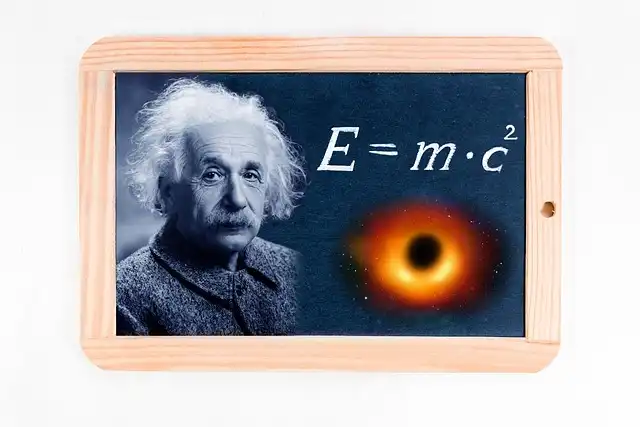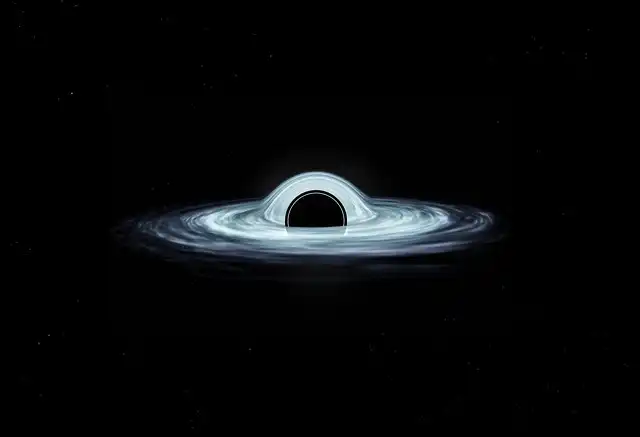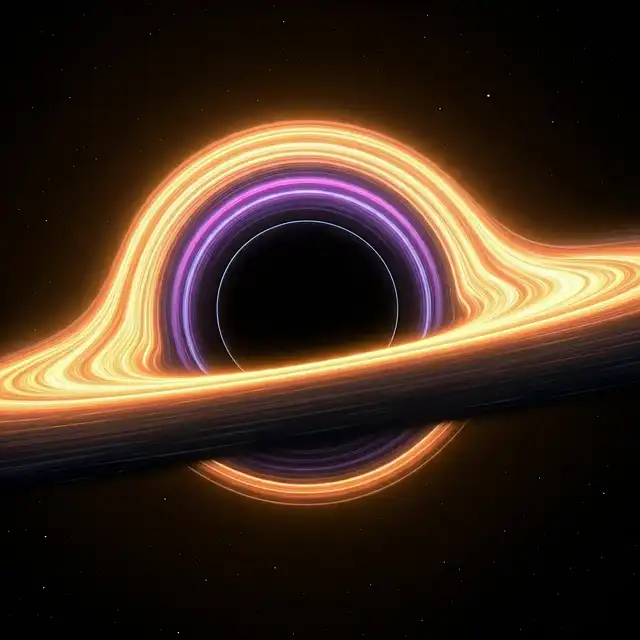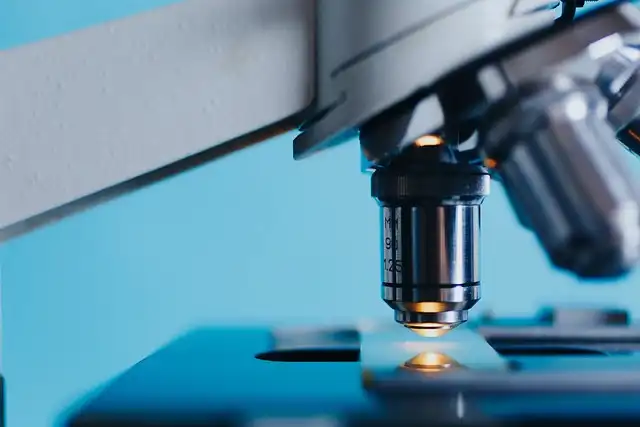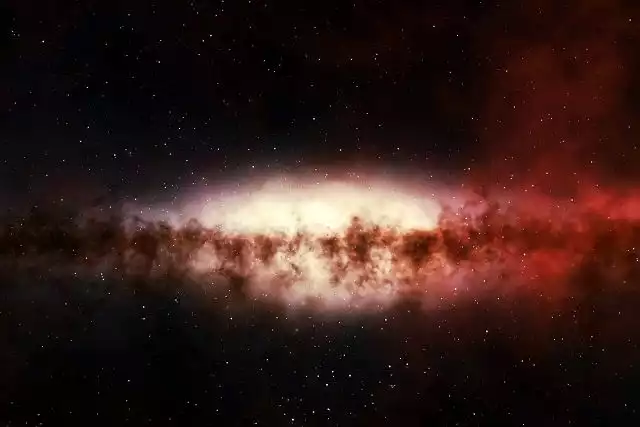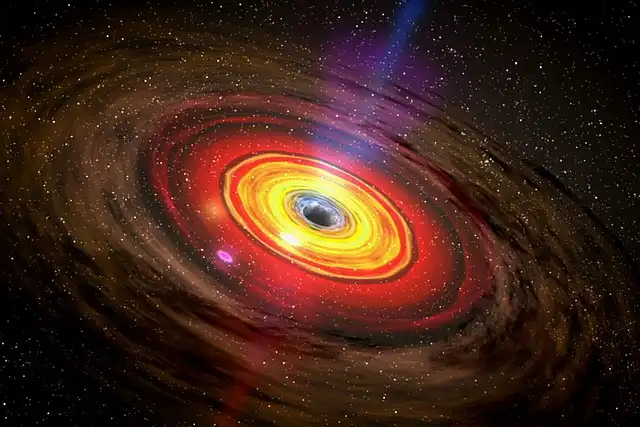
Pulsars Reveal Distant Dark Matter Subhalo
Scientists used 19 pulsars to detect a significant gravitational pull from a massive, non-luminous object, likely a dark matter subhalo, located about 3,260 light-years from the sun. This discovery provides crucial insights into the nature and distribution of dark matter.

